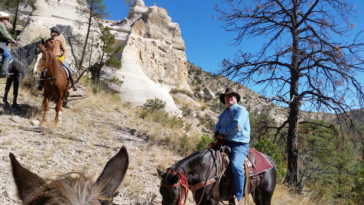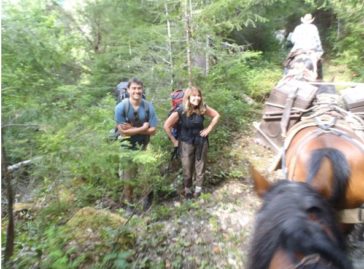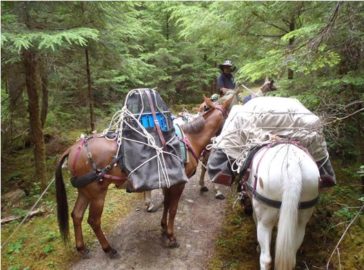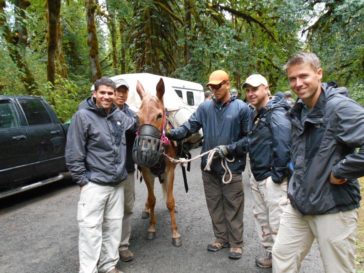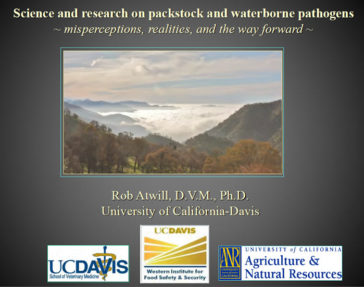Back Country Horsemen of America’s Rapport with Wild Lands
Members of BCH New Mexico Northwest Chapter Scouting Trails in Tent Rocks National Monument Back Country Horsemen of America believes that protecting our right to ride horses on public lands starts with taking part in maintaining those trails. Members spend countless hours doing trail and facility maintenance that public lands managers’ budgets don’t allow. As members care for these trails … Read More

